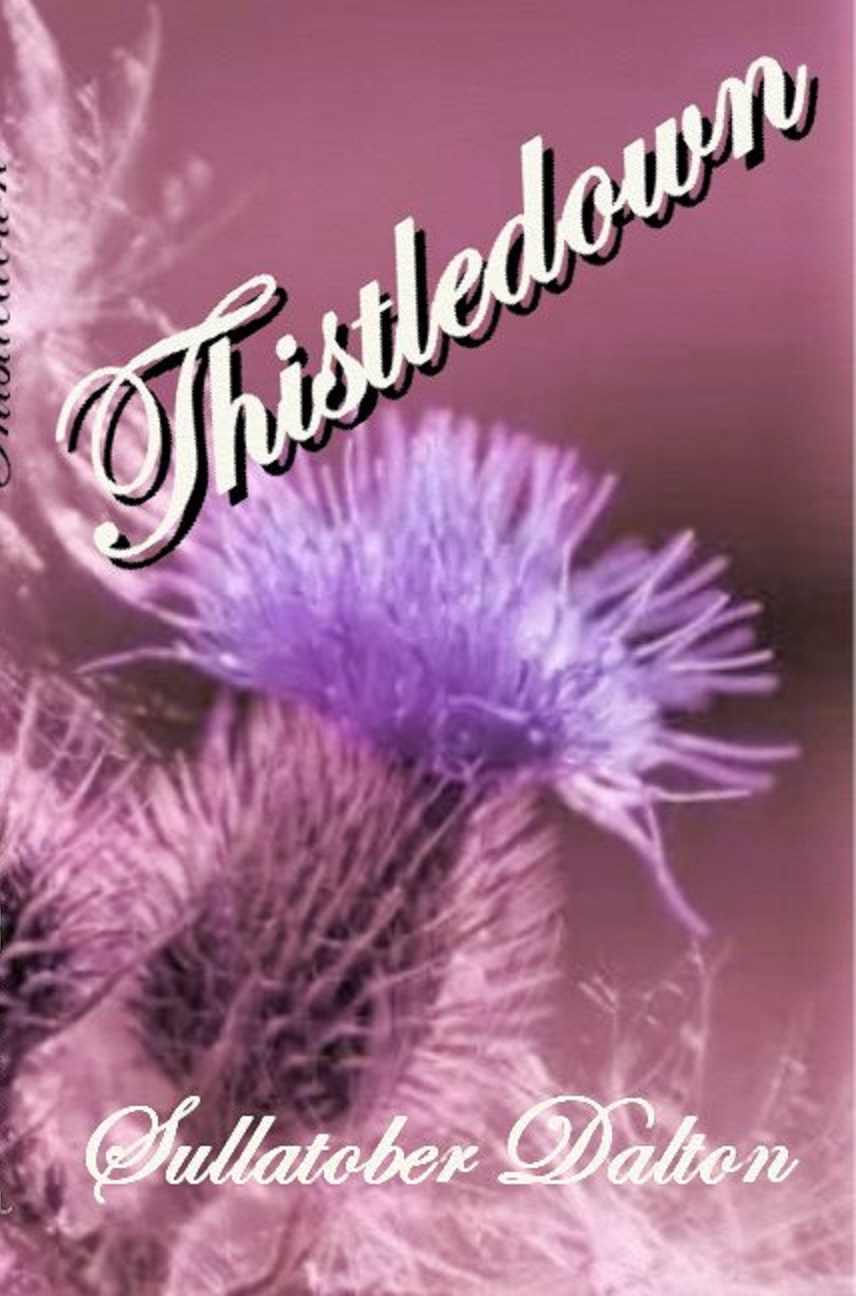
Thistledown
I’m closing in on the Jacobites but had to stop to finish the rewrite and publishing of Thistledown, a novel set in the Highlands of Scotland in the years just after Waterloo. I was first attracted to the theme by a tale I’d heard years ago about a drover and, after doing a bit of research into the drove roads through the area the story sort of crept up and demanded to be written. It’s part adventure, part cowboy western, part love story, like all good John Wayne tales. I don’t know if you’ve ever been through the Highlands but it’s a most mysterious place, majestic and lonely, a place where magic exists and the ancients whisper legends of brave men and beautiful women as well as the wild gaiety of the reel and strathspey. When the mist half covers the hillsides, it’s easy to imaging the McLeans or the McLeods are waiting there with broadsword and targe.
Anyway, I see there is a move to re-examine the details of Culloden and present another ‘truth’. What disappoints me is that historians avoid the truth of the times. Violence was a way of life, not only in the Highlands but throughout Britain, in 1745. Those who went on raids were organised and acted just like the mobsters of American prohibition days. If you happened o be in the way, you died, not in a hospital bed, but bleeding agonisingly in the heather. If you had something of value, it was taken and you were left to starve among the embers of your home.
Despite all this, the historians discuss it like the WI arguing over knitting. They do the same with the Napoleonic and world wars. Side A lost 3000 killed and wounded, but side B lost 5000, so side A won, even if the ran away. It’s not like football, these are warm blooded people world leaders sent to kill each other and what irritates me is that historians and writers eulogise over the like of Montrose when he was part, with the Irish Colkitto MacDonald, in slaughter, rape and burnings in Aberdeen and Perth and the 3000 at Kilsyth, for no other reason than that they didn’t agree with their ideas of who should rule the country – or just out of savagery.
One asks why and the answer isn’t that every one of the Jacobite troops, from the pretenders and their sons, was motivated by any principle beyond personal gain. Those who abstained, or sent one son to the ranks of either side didn’t do it from any conviction, other than fear of reprisal.
These were not struggles fought to free oppressed people, these were fought over petty issues, light as thistledown on the lives of the ordinary citizen, and as excuses for robbery and violence, with no romance for those affected, especially the Lowland Scot with names like Bruce, Douglas and Wallace.